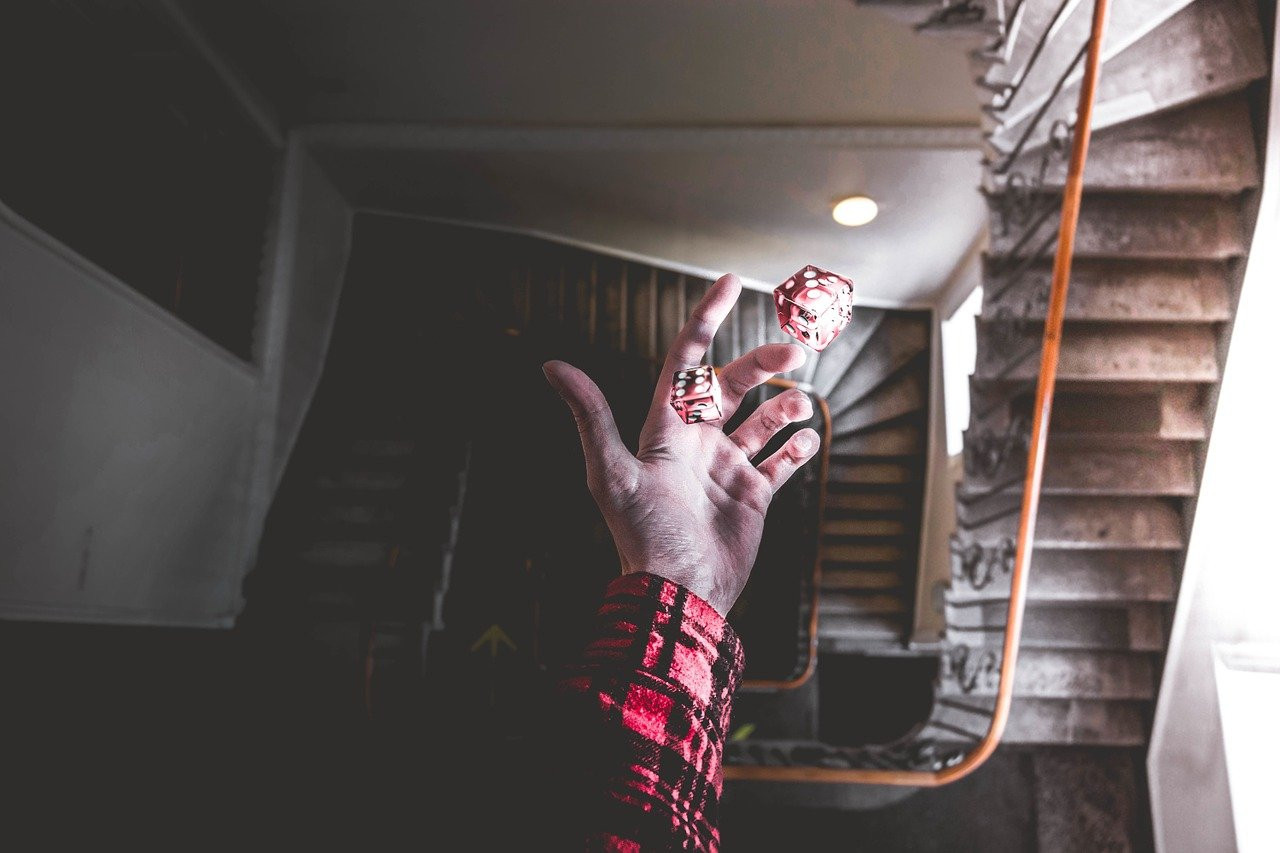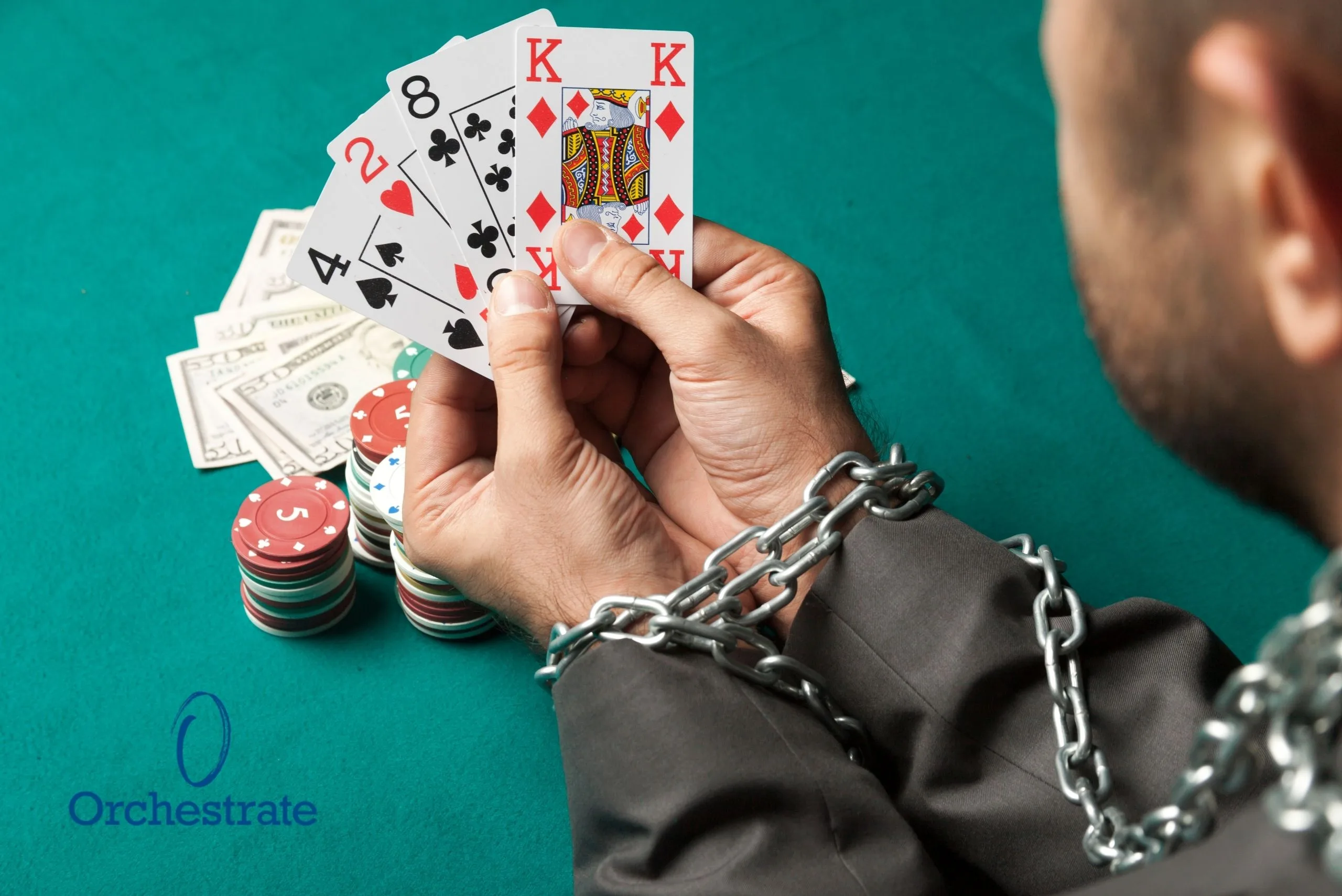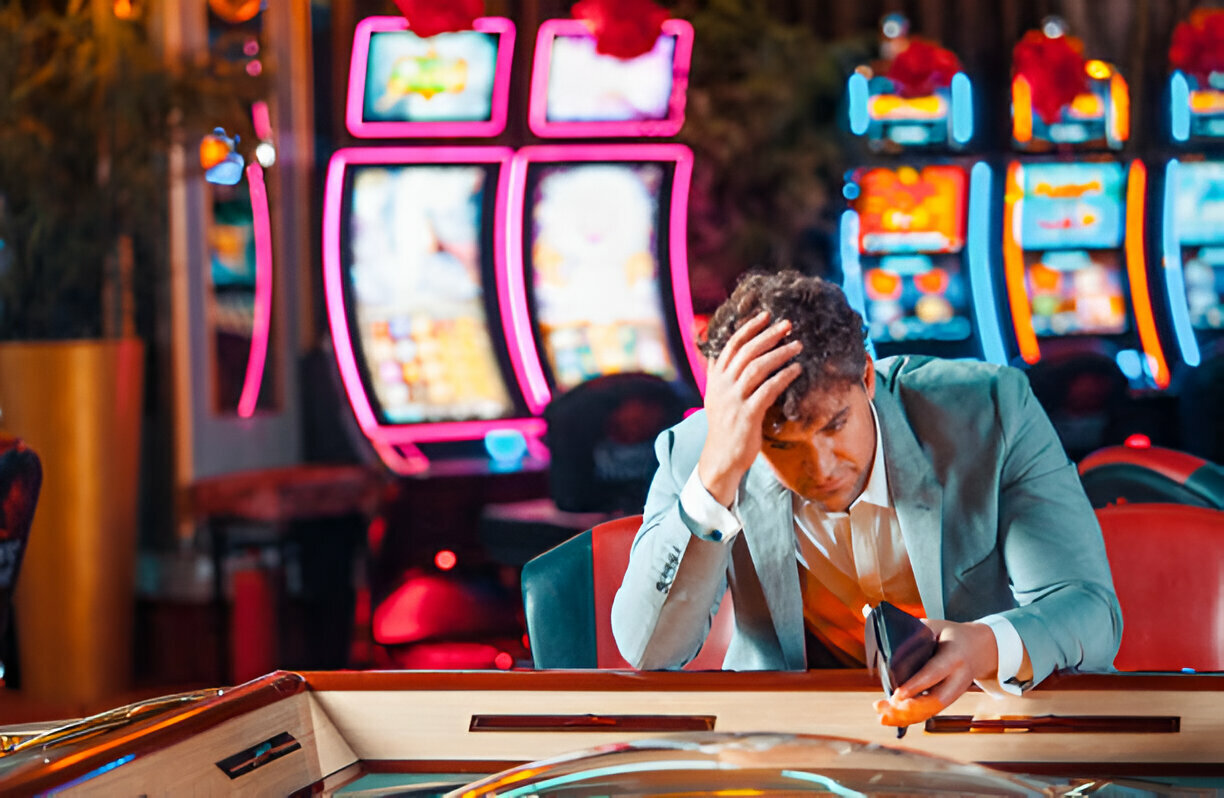How to Stop Gambling and Save Money

If you’ve ever found yourself thinking, “Just one more bet,” you’re not alone. Gambling can sneak into your life quietly, starting as a bit of fun, but before you know it, it has its grip on your wallet, time, and peace of mind. The good news? It’s never too late to break free. Saving money and regaining control of your life after gambling might feel like a steep hill, but it’s a journey you can start today, one step at a time.
Whether you've been gambling for years or just started feeling like it’s become a problem, recognizing the issue is your first win. The fact that you’re here, reading this, shows that you’re ready to make a positive change. Let’s explore how you can stop gambling and start saving money, setting yourself up for a more secure financial future.
Recognizing Gambling Addiction

One of the hardest parts about gambling addiction is seeing it for what it truly is. Many people might brush it off as a "hobby" or a way to relax, but when you’re constantly thinking about your next bet or trying to win back what you’ve lost, it becomes a problem. Some signs to watch for include:
- Constant preoccupation with gambling – Do you find yourself thinking about it during work, conversations, or even at family events?
- Chasing losses – If you lose money, do you immediately want to win it back, risking even more?
- Gambling to escape – Are you using gambling as a way to avoid stress or other personal problems?
If you can relate to any of these, it’s important to acknowledge that it’s time to take action. It’s not easy to admit, but this moment of honesty is the key to unlocking your way out.
Why Stopping Gambling Feels Hard

Stopping gambling can feel like trying to break out of a cycle. And it’s not just about willpower—there are deeper reasons why it's so challenging. When you gamble, your brain releases dopamine, a chemical that makes you feel good. The more you gamble, the more your brain craves this rush, making it difficult to stop. Add to that the easy access to online betting and the constant advertising, and it’s easy to see why so many people struggle to quit.
But here’s the thing: while gambling might give you a temporary high, it often leaves you feeling worse in the long run. The emotional and financial toll can weigh heavy, but breaking free is worth it.
Practical Steps to Stop Gambling
-(1).jpg?v=1722502954)
Now that you’ve recognized the problem, let’s talk about real steps you can take to stop. It’s about making choices today that will lead to better tomorrows.
- Acknowledge the problem: The first step to solving any problem is admitting it exists. You’re already there!
- Track your triggers: What makes you want to gamble? Is it boredom, stress, or seeing ads on social media? Identify the situations or feelings that push you towards gambling.
- Create a financial plan: Write out a strict budget that cuts out gambling completely. When you see how much you’re spending on gambling, it might be the wake-up call you need.
- Avoid temptation: Unsubscribe from gambling websites, block gambling apps, and stay away from places or people that encourage the behavior. If online gambling is an issue, there are apps that can block access to these sites.
- Fill your time with new activities: The urge to gamble often strikes when you’re bored or looking for an escape. Find new hobbies, such as reading, sports, or joining a club, to fill your time.
- Seek professional help: Therapy or support groups like Gamblers Anonymous can be game-changers. You don’t have to do this alone.
How to Save Money While Quitting
One of the biggest benefits of quitting gambling? You’ll see your finances improve. But just like breaking the gambling habit, saving money takes planning.
- Set savings goals: Start small. Maybe it’s saving for a trip, paying off debt, or just having an emergency fund. Visualizing what your money can do for you in the future makes it easier to stay on track.
- Automate your savings: Set up automatic transfers into a savings account. This way, the money that you’d normally gamble is put aside for something more rewarding.
- Create a reward system: Celebrate your wins—no, not gambling wins, but your progress in saving money! Every month you go without gambling, treat yourself to something small that makes you happy.
- Practice mindful spending: Before making any purchase, pause and ask yourself, “Is this something I need, or something I want?” This helps reduce impulsive spending, a habit often linked to gambling.
Long-Term Solutions for Financial Recovery
Stopping gambling is only the first step. Once you've made that choice, the next challenge is rebuilding your finances and making sure you don’t fall back into old habits.
- Address your debts: If gambling has put you in debt, prioritize tackling it head-on. Speak with a financial advisor or use debt consolidation methods to get back on track.
- Learn budgeting skills: Create a monthly budget and stick to it. Knowing exactly where your money goes makes it harder for gambling to sneak back in.
- Build an emergency fund: One of the smartest financial moves you can make is to have a safety net. It gives you peace of mind, knowing you’re prepared for unexpected expenses.
- Invest in yourself: Whether it's learning a new skill, going back to school, or picking up a hobby, investing in personal growth is a powerful way to stay motivated and focused on your future.
Conclusion
You’ve got this. Stopping gambling is tough, but the benefits—both financial and emotional—are worth every bit of effort you put in. Picture where you could be in a year, free from the cycle of chasing losses, and instead, building a solid future where your money works for you, not against you. What’s your next step in creating the financial freedom you deserve?





